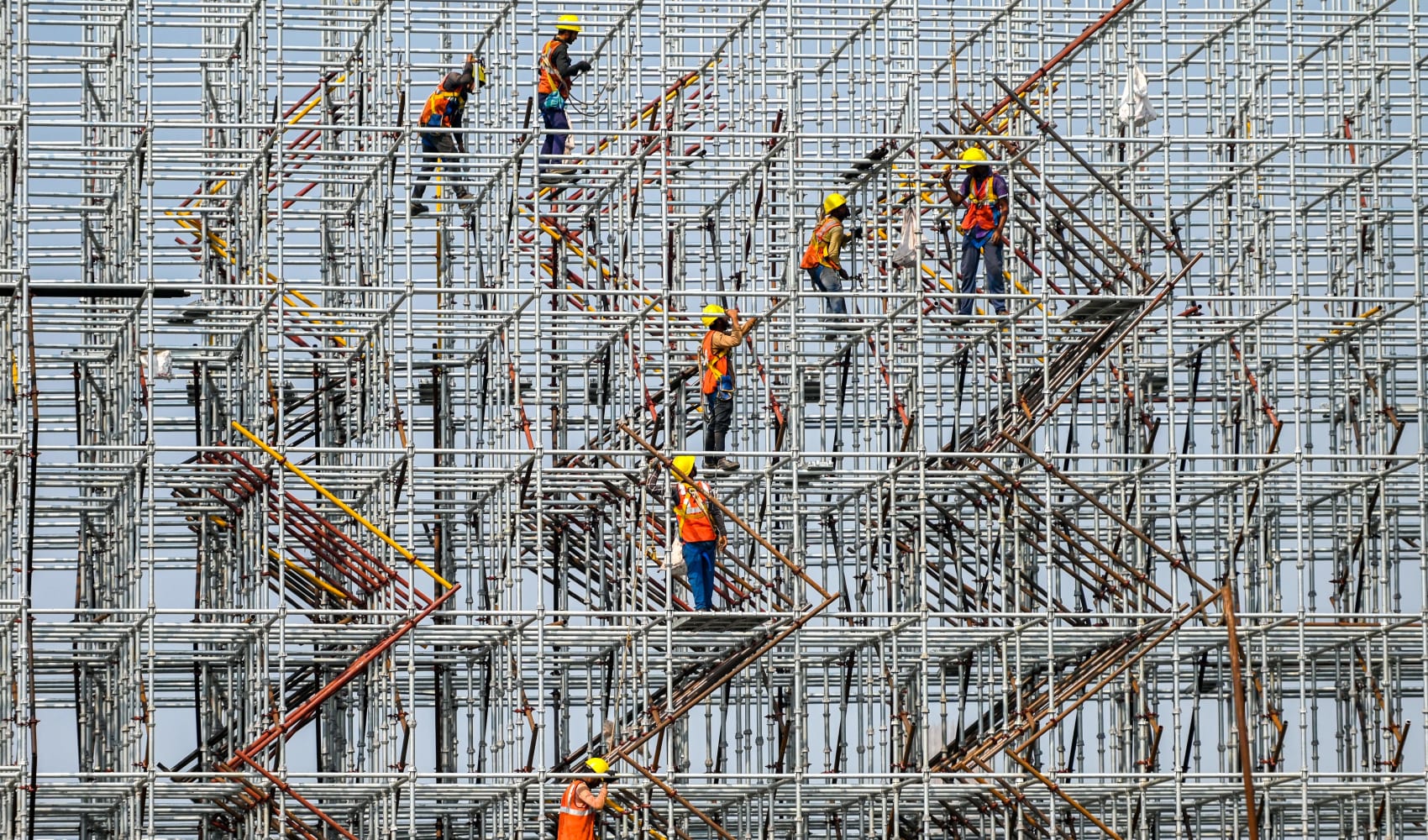
Americans are among the most stressed out workers in the world, and ongoing debates about in-person versus remote work could be a big reason why, according to Gallup's latest report on the state of the global workforce.
More than half, 53%, of U.S. workers say they're stressed on a daily basis, and it jumps higher for women — 57%, among the highest shares in the world. It's a notch higher than the 44% of global workers who say they're stressed every day.
Paradoxically, at 34%, U.S. workers are more likely than the global average to feel engaged at work, which Gallup defines as when people feel proud of the work they do, take ownership and are willing to "go the extra mile" for colleagues and customers.
That high engagement is coming at a cost to workers' mental health, says Jim Harter, Gallup's chief scientist of workplace and wellbeing.
Get Boston local news, weather forecasts, lifestyle and entertainment stories to your inbox. Sign up for NBC Boston’s newsletters.
Americans are likely to find personal value, identity and fulfillment in their work, which motivates them to be highly engaged, he tells CNBC Make It; but when their expectation of work doesn't match up with their reality, or work negatively impacts their personal, social or financial circumstances, it leads to higher stress.
When people value work so highly, it's important that organizations actively work to make sure their work environments improve their employees' lives, Harter adds.
That could become harder as hybrid and remote work become mainstays of the work experience.
Money Report
Remote, hybrid workers are more engaged, but also more stressed
While it remains high in general, employee engagement has been on the decline since late 2021 due to drops in people reporting they feel clarity in their expectations at work, they feel connected to the purpose of their organization, or they have the opportunities to do their best work, according to Gallup.
A lot of this may be connected to organizations that scaled back their remote-work flexibility and called for a return to offices in the last year, Harter says.
On the one hand, remote and hybrid workers report higher levels of engagement than in-office workers, but they also have higher rates of daily stress.
Remote and hybrid work have some "potential" to increase engagement, Harter says, "but if organizations don't put some predictability in place around where people are working, it can cause bigger issues down the road."
Return-to-office mandates aren't the answer
The solution isn't about bringing everyone back to the office five days a week.
In the U.S., the majority of people work at a certain location (remotely or onsite) based on requirements from leadership, or they make the decision themselves. Just 13% of workers decide where they work based on discussions they have with their team; incidentally, they're also the most engaged.
Employees who coordinate with colleagues when they'll work from home and when they'll be onsite "have built-in predictability and a healthy amount of social pressure to be together," Harter says. "You've acknowledged there's value in it."
To figure out their remote versus in-person schedules, Harter says teams should discuss when they collaborate best, and recognize what gets done when they're together that doesn't when they're separate.
"People need to have the right kinds of discussions to make sure their autonomy feels right and rational," Harter says, and that when they're expected to report onsite, people feel they have "legitimate reasons" to make the investment in commuting.
"When you start moving into the space of requiring a return to office, that's when employees tend to push back, and that doesn't surprise me," he says.
Rather than a blanket RTO requirement across the company, Harter says organizations can do more to train managers to better lead and motivate in hybrid environments. At minimum, managers should make sure they have at least one meaningful conversation with each of their employees every week.
Want to be smarter and more successful with your money, work & life? Sign up for our new newsletter!
Get CNBC's free report, 11 Ways to Tell if We're in a Recession, where Kelly Evans reviews the top indicators that a recession is coming or has already begun.
Check out: Women are held back at work due to 30 biases out of their control, says new study






